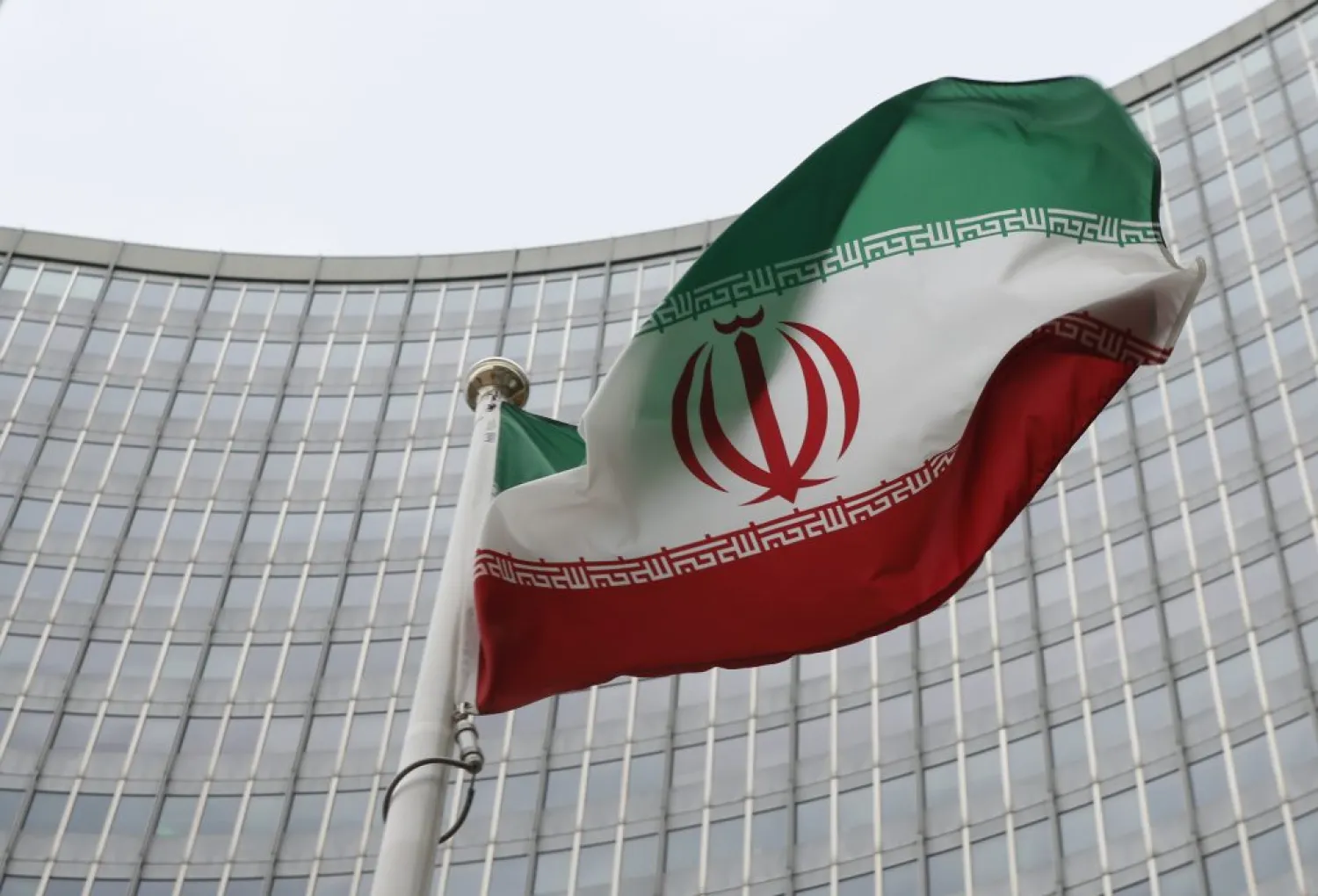In an attempt to dissuade US President Donald Trump from terminating the 2015 nuclear deal with Iran. Germany is seeking to impose new sanctions against Tehran, reported the Der Spiegel magazine on Saturday.
Germany also wants to punish Iran for its missile program and its meddling in conflicts in other Middle East countries, such as the war in Yemen and Syria, the report said.
Berlin is currently lobbying among European allies to reach an agreement on new sanctions, it added.
The report cited diplomats in Brussels as saying that Germany was pushing for new sanctions together with Britain and France to show the United States that European allies were taking Trump's criticism against Iran seriously.
A German foreign ministry spokeswoman and another government spokesman both declined to comment on the report.
Trump recently set an ultimatum to fix "disastrous flaws" in the deal curbing Tehran's nuclear program.
The agreement was reached between Tehran and world powers in 2015.
Trump has said he would waive nuclear sanctions on Iran for the last time to give the United States and European allies a final chance to amend the pact. Washington also imposed sanctions on the head of Iran's judiciary and others.
Iranian Foreign Minister Mohammed Javad Zarif has said the deal was not renegotiable, while Russian Foreign Minister Sergei Lavrov said on Friday it cannot survive if Washington pulls out of it.









